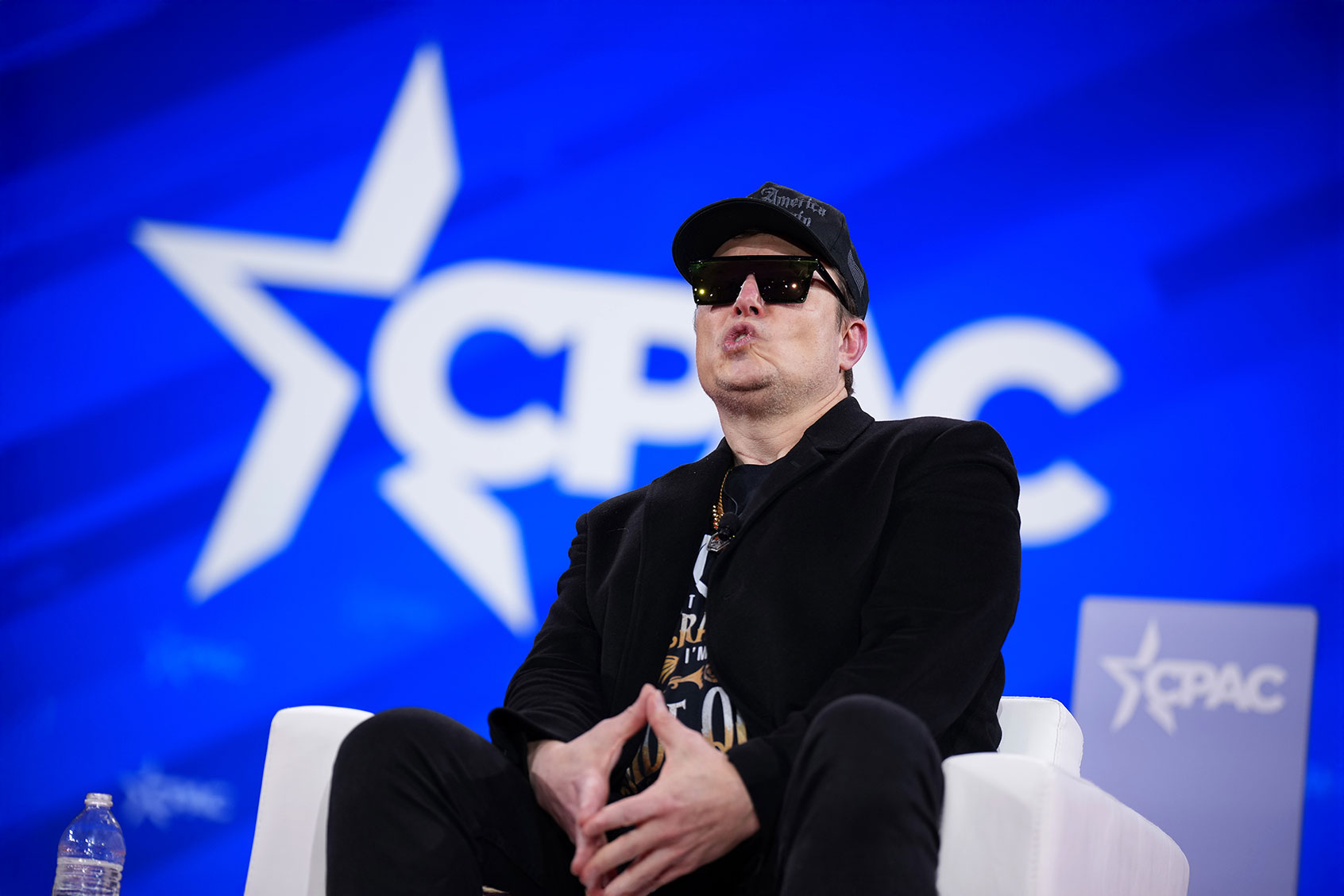Nevada state regulators have accused Elon Musk’s Boring Company of committing nearly 800 environmental violations over the past two years. These allegations arise from the company’s construction of a tunnel system under Las Vegas aimed at facilitating a Tesla-powered “people mover.” Reported violations include beginning excavation without proper approval, discharging untreated water onto city streets, and spilling debris from transport vehicles.
The accusations were detailed in a cease-and-desist letter dated September 22, 2023, from the Nevada Bureau of Water Pollution Control. This document claims that the Boring Company has repeatedly breached a settlement agreement established five years ago after the company was fined for improperly discharging groundwater into storm drains. The agreement, signed by a Boring executive in 2022, was intended to ensure compliance with state water pollution laws.
Despite these intentions, state inspectors noted nearly 100 new violations of the agreement, including the company’s failure to employ an independent environmental manager to oversee construction activities. Documentation indicates that the Boring Company missed 689 inspections, leading to significant scrutiny from state regulators.
The Nevada Division of Environmental Protection (NDEP) had the authority to impose fines exceeding $3 million under the 2022 settlement, which allowed for daily penalties. However, regulators opted to reduce the total penalty to $242,800, imposing a $10,000 fine for each of the company’s 11 permits. The agency justified this reduction by stating that it believed a lesser penalty would still serve as a deterrent for future non-compliance.
Payment of the penalty will not be required until the dispute resolution process is completed, according to a state spokesperson. The NDEP reminded the Boring Company that it reserves the right to order a cessation of construction activities under the agreement.
Elon Musk has previously expressed a controversial view of environmental regulations. At an event hosted by the libertarian Cato Institute last year, he remarked, “Environmental regulations are, in my view, largely terrible,” arguing for a system where companies could pay penalties after non-compliance rather than seeking pre-approval.
Despite requests for comments, neither Musk nor the Boring Company has responded to inquiries regarding these allegations. The September letter marks the latest in a series of reported violations of state and local regulations by the Boring Company since it commenced the construction of the Loop project in 2019. Initially intended as a 0.8-mile underground route connecting various sections of the Las Vegas Convention and Visitors Authority (LVCVA) campus, the project has expanded to a planned 68 miles of tunnels and 104 stations throughout the Las Vegas Valley.
The Boring Company utilizes a machine named Prufrock to excavate the tunnels, which are 12 feet in diameter. During the boring process, approximately 6 cubic yards of soil and groundwater are removed for each foot excavated. Although the project is privately funded and does not receive federal support, it is required to obtain state permits to prevent waste from contaminating local water sources.
A previous investigation by ProPublica and City Cast Las Vegas highlighted how the Boring Company sought to evade oversight by arguing that its project did not fall under existing regulations. The company also promised to conduct independent audits while continuing to incur citations for permitting and water pollution violations in 2019, 2021, 2022, and 2023. Last year, it successfully lobbied to be exempt from a county “amusement and transportation system” permit, advocating for an oversight plan that eliminated several layers of inspection.
Reports of health and safety concerns have emerged, with workers alleging chemical burns from waste generated during the tunneling process. Firefighters have had to decontaminate equipment after responding to emergencies at the construction sites. In late 2023, the Boring Company was fined more than $112,000 by Nevada’s Occupational Safety and Health Administration after workers reported hazardous conditions, including standing water and muck spills in the tunnels. The company has contested these violations.
Incidents on site have raised alarms; for example, a construction worker sustained a “crush injury” last month after being pinned between two 4,000-foot pipes, necessitating a rescue operation involving a crane.
Following the publication of earlier reports, the CEO and chairman of the LVCVA board criticized the findings, asserting that the project is adequately regulated. LVCVA CEO Steve Hill pointed to the delayed opening of a Loop station as evidence of local officials’ commitment to safety.
In response to the latest proposed fines, an LVCVA spokesperson declined to comment, stating, “We won’t be participating in this story.”
The string of allegations against the Boring Company raises questions about the effectiveness of regulatory oversight. Ben Leffel, an assistant public policy professor at the University of Nevada, Las Vegas, remarked, “Not if they’re recommitting almost the exact violation.” He expressed skepticism about whether a $250,000 penalty would be substantial enough to alter the company’s operations, noting that fines that do not significantly impact a company’s profits often fail to deter future violations.
While a state spokesperson defended the NDEP’s actions, asserting that penalties are aimed at encouraging compliance, the ongoing scrutiny of the Boring Company’s practices reflects broader concerns about environmental regulation and corporate accountability in Nevada.
